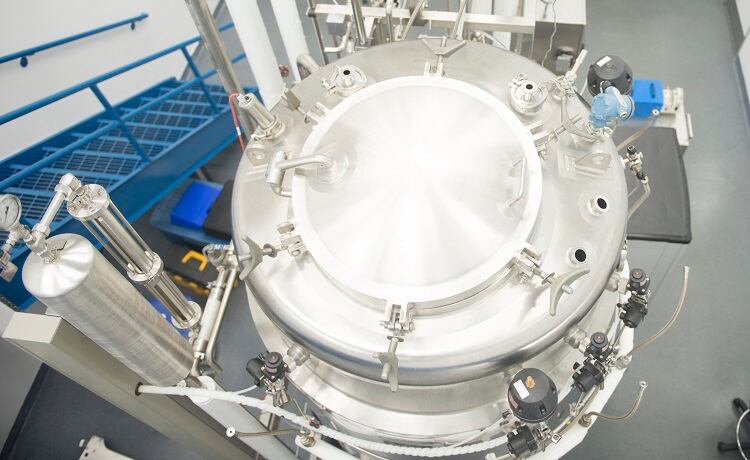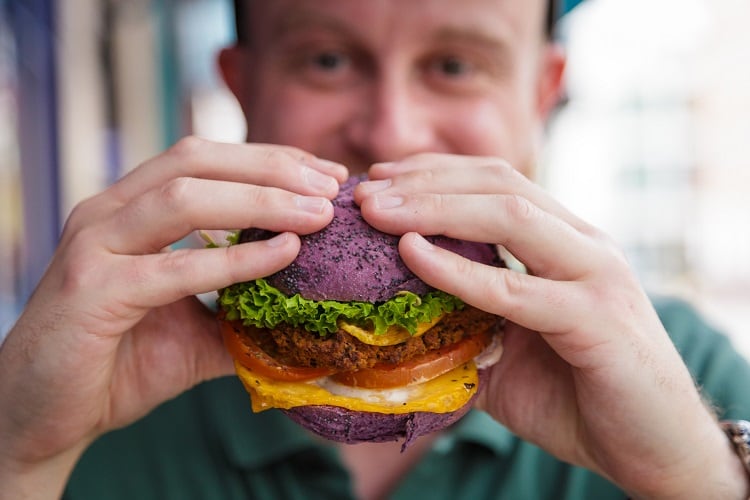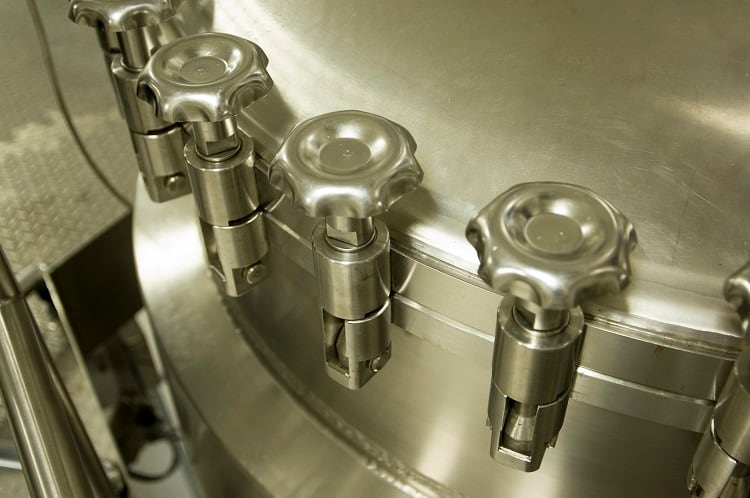Single-cell proteins (SCPs), otherwise known as microbial proteins, are extracted from unicellular microorganisms such as algae, yeasts, fungi or bacteria.
Considered beneficial for human, animal, and planetary health, SCPs have attracted the attention of food companies across the globe. To name but a few, meat-free major Quorn, Hamburg biotech MicroHarvest, and spent yeast innovator Yeap, are all working with single-cell proteins.
Ingredients companies are adapting to the biotech trend, with a growing number expanding their offerings to take a slice of the single-cell protein pie. DSM-Firmenich (the result of a recent merger between two major ingredients players) is one such supplier.
For the first time, the Dutch-Swiss company has developed SCPs, which it claims have the potential to offer ‘net zero carbon protein’ for the food, feed, and pet food markets.
How are single-cell proteins produced?
SCPs are produced using fermentation technology, whereby naturally occurring microorganisms convert ‘platform molecules’ into proteins. This can be achieved by combining biotechnology with new bioscience to train and evolve microorganisms to become ‘super protein producers’ and maximise the nutritional value of the non-protein part of the cell structures, explained DSM-Firmenich.
These proteins – sourced from yeast, bacteria or fungi biomass – have ‘incredible’ potential for scalability due to their ‘very high’ growth rates.
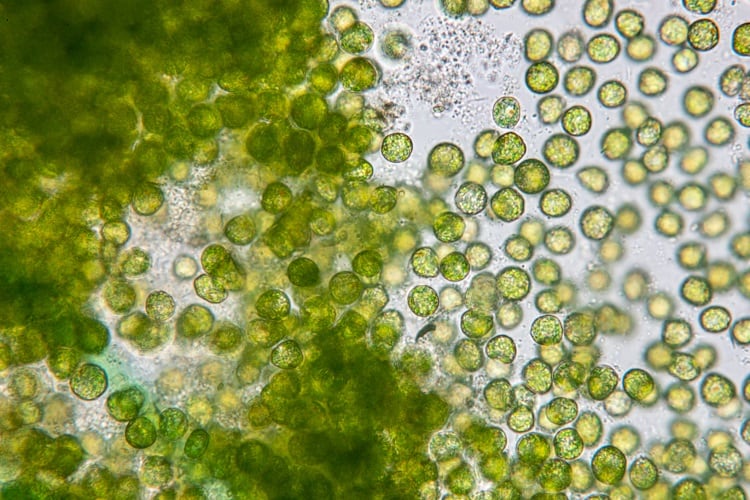
“DSM-Firmenich has a library of algal, fungi, bacteria and yeast strains. The strains of choice in this technology are unique because they can use a variety of low carbon intensive feedstocks,” Karim Kurmaly, director Smart Protein, DSM-Firmenich told FoodNavigator.
“The single-cell protein offers a practical solution by providing a readily available source of digestible amino acids from a protein rich microbial biomass. Through the fusion of biotechnology and advanced bioscience, the non-GMO microorganisms have become exceptional protein producers.”
Health and environmental benefits in food
The company revealed plans to enhance the nutritional value of their non-protein cell components is ‘also in the works’. But as they are, SCPs can already help diversify protein offerings as a replacement for wheat gluten, soy or pea protein concentrates, and other plant proteins.
From a sustainability perspective, the SCP strains combined together with renewable energy can provide a ‘net zero carbon option’ especially important to companies with SBTi (science based targets initiative) commitments, Kurmaly explained. This can help to close the ‘impending protein demand gap’, without increasing the carbon footprint of the global food system.
As to SCPs application in foods, the Smart Protein director told us leveraging taste, texture and flavour capabilities is going to be ‘critical’ in ensuring they become an important ingredient in the food sector. “Currently, depending on country regulation, SCPs are applicable in livestock, aquaculture companion animals and certain plant-based food applications.”
Applications in feed
The use of SCPs as an animal feed ingredient is a ‘game-changer’, according to DSM-Firmenich. Researchers at the DSM Bioscience Centre in Delft have already demonstrated promising results when rainbow trout were fed SCPs instead of feed containing fish meal and soy protein concentrate.
“The aquaculture industry’s progress on sustainability relies on diversifying its raw materials basket for proteins. One of the biggest challenges facing the sector is feed, both in terms of costs and environment impact,” Kurmaly told this publication. “Costs currently account for up to 70% of production costs and up to 80% of a producer’s environmental footprint.
“In initial feeding trials, Rainbow trout were grown for 12 weeks on different inclusions of SCP ranging from 0%, 5%, 10% to 20% on extruded feeds, replacing both marine proteins and plant proteins. The data indicates single cell protein inclusion has no negative impact on feed intake and fish performance measured by final body weight.”
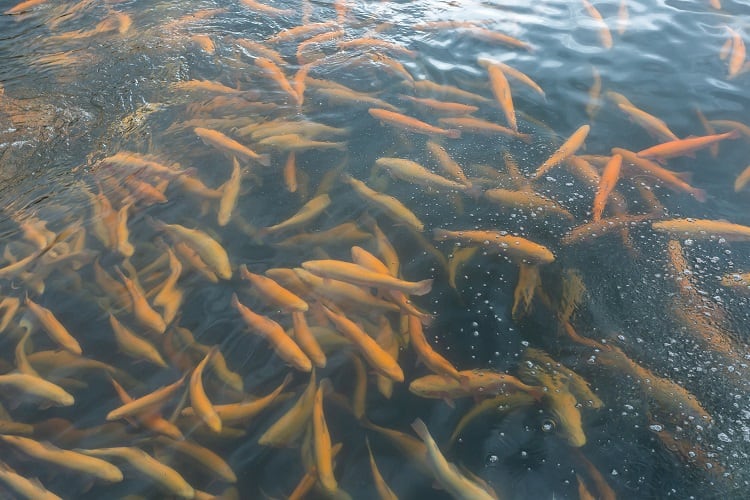
As to which companies DSM-Firmenich plans to target with its new SCPs, the company told us early discussions with customers in livestock, aquaculture and companion animal sectors have proved ‘very promising’.
“We foresee that collaborative partnerships and different business models are going to be essential to achieve the large-scale rollout of this technology and support the transition of our food industry to net zero.
“One critical driver that could speed adoption is legislation and expectation of stakeholders, from producers, feed millers, processors, retailers, NGOs and consumers, to measure and reduce environmental impact of the food industry.”


